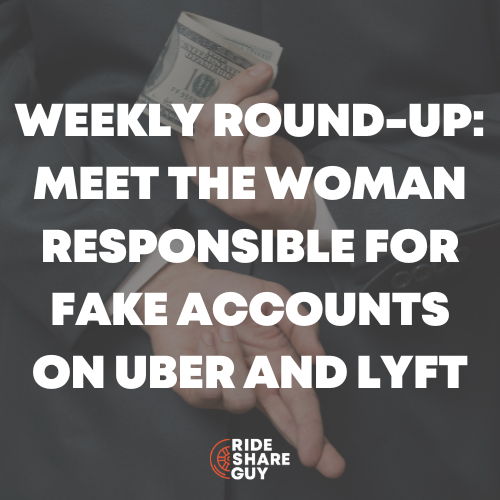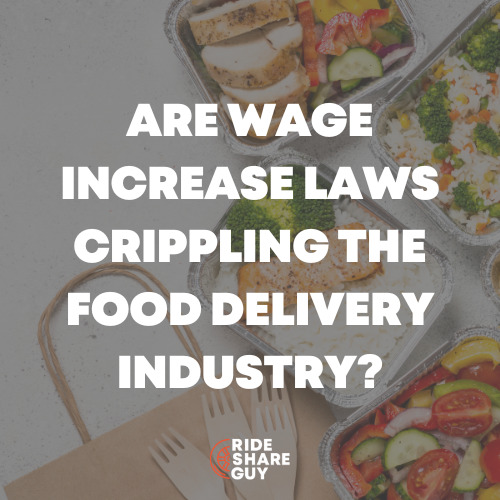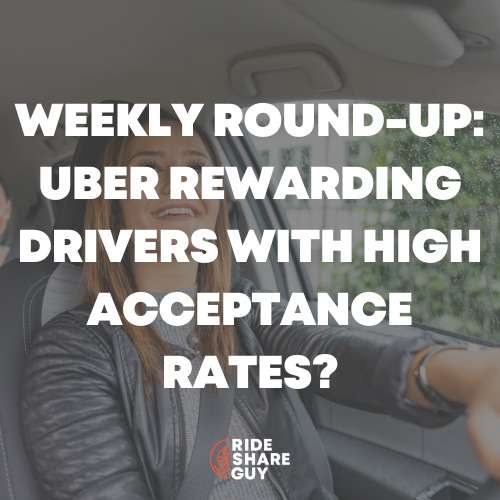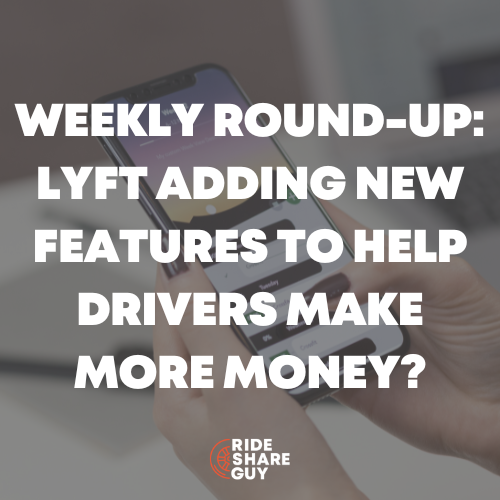Is there going to be a throwdown between Instacart and DoorDash? Is DoorDash joining Facebook’s “metaverse”? Senior RSG contributor Paula Gibbins is going to delve into these hot topics and more in this week’s roundup.
Instacart doubles down on its ready-made meals offering with new hub and faster delivery (TechCrunch)
Summary: Instacart is introducing a new “Ready Meals” hub to make it easier for users to discover and order ready-made meals from grocery stores on its app. The on-demand grocery delivery platform has offered ready-made meals since January 2020 but says the option was not as visible or prominent in its app, which is why it’s launching the new hub. With the launch of the in-app destination, Instacart is now adding priority delivery to all ready-made meal orders, which means some orders will be delivered from grocery stores in as fast as 30 minutes.
Customers can use the Ready Meals hub to order prepared food from grocery stores like Publix, Giant, Food Lion, Hannaford, Stop & Shop, Martin’s and Kroger. Ready-made meals from ShopRite will also be featured in the hub in the coming weeks. The prepared meals include salads, sandwiches, soups, sushi, rotisserie chicken and more….
My Take: It’s not as similar to DoorDash as some of the news headlines would make it seem. DoorDash doesn’t have a hub where they create fresh foods and deliver them to their customers. DoorDash takes orders from customers through restaurant partners. In my mind, the two ideas are different enough to not really be stepping on each other’s toes.
It’s actually a happy medium, in my opinion. It’s a way for two businesses to compete without being direct competitors. Sometimes people will order a fresh soup or salad from Instacart and other times they’ll order Burger King through DoorDash. They are covering different needs for the same problem.
Women who drive for Uber and Lyft are being left to fend for themselves (The Verge)
Summary: Tara, a former elementary school English teacher who lives in Charleston, South Carolina, had been driving for Uber for about two years when she had her first distressing experience with a customer. Late one night, several years ago, she picked up a male passenger outside of a bar. A few minutes into the ride, the man suddenly unzipped his pants and exposed himself to her.
Tara said that she reported the passenger to Uber. The rideshare company assured her that she would not be paired with that rider again, but said nothing about his ability to use the app in the future.
Several months later, Tara was outside the same bar in Charleston, waiting for a surge in requests with some other female drivers. They were talking, and she told them what had happened. To her surprise, both women told her that they had recently picked up the same passenger, weeks after Tara said she had reported him….
My Take: As a female driver, who has also had some uncomfortable passengers who should not have been allowed on the platform, I am dismayed at these situations. Yeah, great, we’re not going to be paired with this sleazeball again, but what about other drivers? They’ll have to experience it as well? That’s bullshit!
For companies who claim that safety is a priority, they are doing a poor job of backing up these claims with actions. They’ll seemingly deactivate a driver without batting an eye but keep sexual predators on as passengers.
Mark Zuckerberg defies critics with latest Meta board member (NY Post)
Summary: Mark Zuckerberg appears to be sending a message with the latest addition to Meta’s board: The company is going to keep doing things his way — activists, politicians and concerned shareholders be damned.
Zuckerberg’s company said last week that Tony Xu, the co-founder and CEO of unprofitable food delivery giant DoorDash, would become the newest member of its 10-person board of directors.
Xu and Zuckerberg have much in common: They’re both 37-year-old billionaires, they’ve both crafted ownership structures that give them an unusual degree of control over their own companies — and they’re both willing to burn vast sums of money to fight their political enemies.
“They’re birds of a feather,” Melanie Sloan, a government and corporate ethics attorney, told The Post….
My Take: Okay, so the term “metaverse” has been flying around for a while. But what does it really mean? Supposedly, it’s a new technological world including virtual reality and new ways to communicate with the world.
Meta is tied in closely with Facebook. It’s actually one of Facebook’s babies/creations. Their “About us” blurb reads, “Meta builds technologies that help people connect, find communities, and grow businesses. When Facebook launched in 2004, it changed the way people connect. Apps like Messenger, Instagram and WhatsApp further empowered billions around the world. Now, Meta is moving beyond 2D screens toward immersive experiences like augmented and virtual reality to help build the next evolution in social technology.”
So, what’s the big deal with Tony Xu joining the board of directors? Some people think it’s no biggie while others are playing it up to be a larger issue.
As this article suggests, Tony could prove valuable to Meta’s survival: “As Meta seeks to stave off politicians on both sides of the aisle who want to regulate the company, the lessons Xu learned pushing Prop 22 could help an increasingly defiant Zuckerberg mobilize voters against his enemies.”
Lyft is spending millions to stop Massachusetts drivers from becoming employees (Yahoo! Finance)
Summary: Lyft has already splashed out $14.4 million towards a likely November ballot measure in Massachusetts which would cement its drivers as contractors, rather than employees — and the vast majority of those funds were paid in a single, $13 million donation, the largest in the state’s history by a considerable margin. It’s an unambiguous opening salvo in what will likely be a bitter and protracted battle, the playbook for which Lyft and its gig work peers successfully tested in California two years ago.
As the Boston Globe reports, Lyft has thus far contributed the lion’s share of the Flexibility and Benefits for Massachusetts Drivers committee’s $17.2 million war chest, which is intended to fund the forthcoming ballot measure. The rest comes from Uber, DoorDash and Instacart owner Maplebear. The previous record for largest single donation was nearly a third the size: a $5.1 million contribution from General Motors in 2020.
Currently Lyft and Uber are engaged in a lawsuit, filed by the Attorney General of Massachusetts, which contends that the companies have been misclassifying their driver workforce as contractors. Leveraging contractor status relieves them of many of the costs and obligations associated with employees — such as minimum wage, healthcare and overtime pay — but true contractors typically control how and when they work, and what they charge for their services. Whether or not ridershare drivers actually have that level of autonomy has become a point of legal contention in several of the states and countries in which these companies operate….
My Take: Just like we predicted months ago, this is another Prop 22 in the making. Read up on California’s Prop 22 and how that went down.
Basically, the same premise is making its way to Massachusetts. Here are the bullet points:
- Uber and Lyft don’t want to classify their drivers as employees
- Massachusetts courts are saying that the drivers are not independent contractors
- Solution? Change the law.
Any Massachusetts drivers out there who want to weigh in? What are your thoughts? How will this pan out?
-Paula @ RSG




